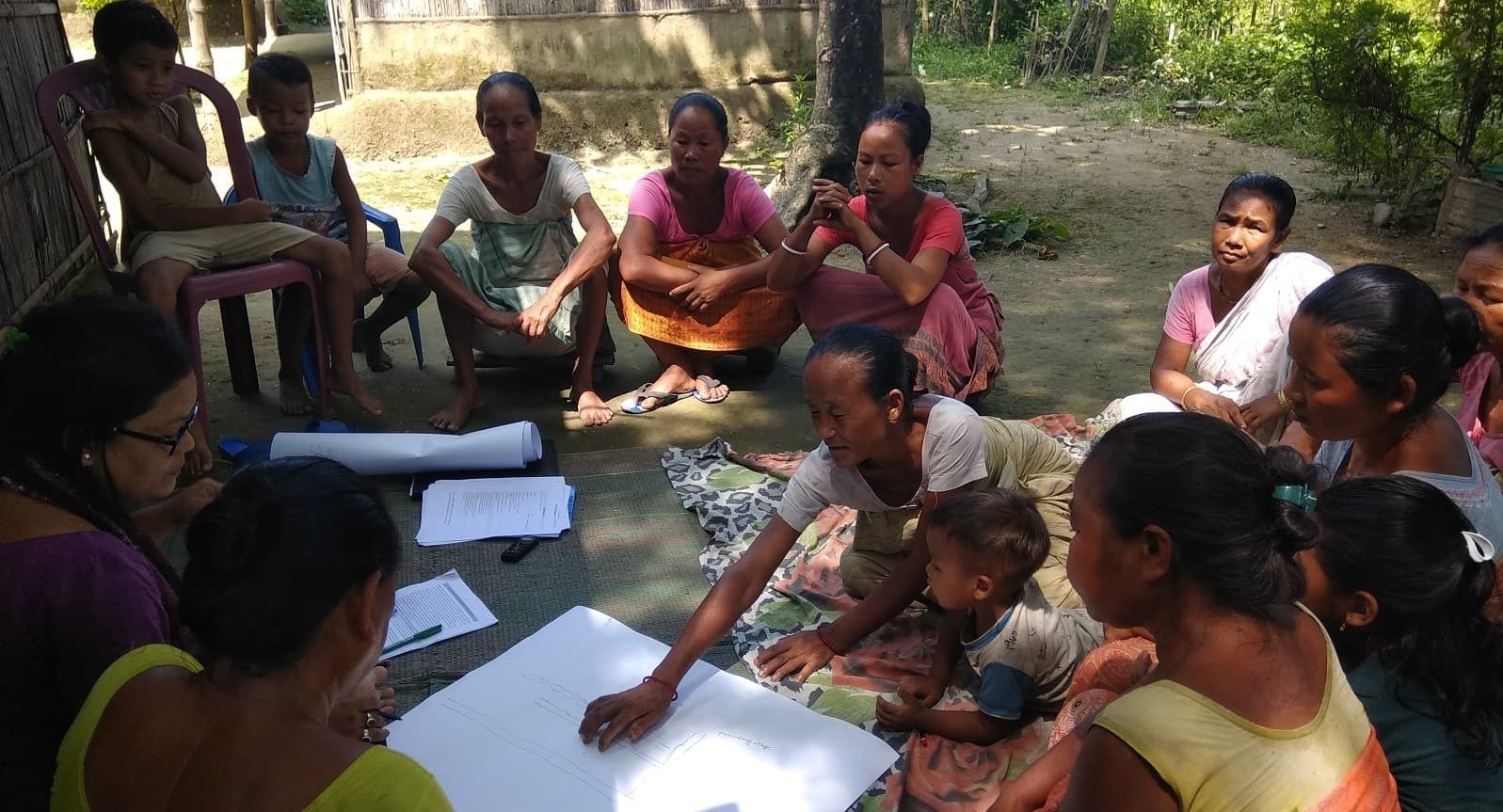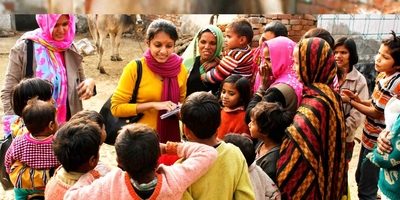
Community Action for Health in India (CAHI): from the National Rural Health Mission to Universal Health Coverage
Background
The Civil Society Engagement Mechanism for UHC2030 is a global movement advancing citizen engagement, mobilising collective action and political commitment, and is acting as a platform to forge greater collaborations globally for Universal Health Coverage (UHC). With this mandate, the CSEM is interested in understanding lessons in social and community participation in health in various contexts across the world. India has globally been among the champions of community participation in health inspiring global commitments on health equity such as the Alma Ata Declaration on Health for All. The public mobilisation on the Health for All agenda in 2000 by Jan Swasthya Abhiyan (JSA) is a watershed in the history of social movements in India. The advocacy efforts of the JSA, Medico Friends Circle and a range of individuals and collectives from the civil society influenced the emergence and evolution of India’s National Rural Health Mission (NRHM) in 2005. The NRHM is notable on account of nationally formalising – at scale – a rights-based framework on community action in health systems governance.
UHC had been gaining global prominence around the time when NRHM was launched. India’s High-Level Expert Group (HLEG) on UHC of 2010 witnessed civil society’s involvement in consultations that made explicit recommendations on citizen engagement and community participation for UHC. This was followed by the launch of the Ayushman Bharat programme in 2018. Ayushman Bharat, however, doesn’t appear to offer much towards citizen engagement and community action. Some of the NRHM era efforts at community participation have sustained and evolved while others have declined. Documentation of these efforts are currently piecemeal and there is scope for understanding if and how the community engagement mechanisms modelled under NRHM can be leveraged to advance India’s UHC commitments – especially in the context of the recently launched Pradhan Mantri Atmanirbhar Swasth Bharat Yojana.
Thus, we wish to document the features, achievements, challenges and lessons learnt from NRHM’s community participation models. This research work would contribute to the growing global research emphasis on the need to include citizen and community voices in UHC by understanding from history what has worked and not worked in India. This would feed into the CSEM UHC2030’s strategy on advancing citizen engagement for UHC.
Aim
The specific aims of this research are:
- Document the experiences of forms of community action in health supported and endorsed under the aegis of NRHM, with an emphasis on their achievements in the UHC decade of 2010 onwards:
- Understand the actors, content, processes, and context involved
- Determine a) context-dependent (less generalizable or transferable) and b) transferable characteristics of forms of action like “community-based monitoring,” “decentralisation” relevant for adaptation, scale-up, or sustainability
- Determine “successes” and “failures” of these efforts and key lessons they offer for social participation in health
- Create a historical record of these activities, while also identifying gaps in this record, as well as priority areas for action and further research
Research Methodology
The method of Witness Seminar for this documentation work. This oral history method is approached in the form of semi-formal group discussions (with 5-10 participants) on the events, people, and processes involved and various contextual factors that helped shape the community participation framework and its implementation under NRHM.
The method places emphasis on the ‘witnesses’ i.e., the participants of the seminar – the transcripts of these proceedings are converted into annotated reports and are the main output of the process. These seminars are supplemented with additional interviews with stakeholders. The research team hosted the Witness Seminars and the interviews online via Zoom owing to limitations posed by the pandemic in organising in-person events. These seminars were organised with participants from the civil society and the health system in Kerala at the national level. The final reports will be published and disseminated in collaboration with the stakeholders and stored in publicly accessible archives.
Current Status
Currently, five witness seminars have been conducted (two at the national level and three in Kerala). Kerala Witness Seminars focussed on decentralisation and health reforms under NRHM, while two at the national level focused on the community accountability mechanisms operationalised under the aegis of NRHM. In parallel, one-on-one interviews were conducted to supplement these group seminars. A supplementary timeline has also been created that lays out some of the key milestones related to community action for health in India. These data are all now public, and being used for secondary data analysis.
In addition, we have given comments on a helpful guide to conducting witness seminars. Our methodology is also being proposed and adapted for other projects, including our Social Participation for Health: Engagement, Research and Empowerment (SPHERE) collaboration as well as a study examining country perspectives on the implementation of reviews related to the Convention on the Elimination of all forms of Discrimination Against Women (CEDAW)





